Technicon Design has established itself as an expert in the world of perceived quality, an element of automotive design that should be given greater care
At the crossroads of design, marketing and engineering, perceived quality describes the level of product quality as perceived by the consumer. It plays a major role in the buying process.
Although the 400 designers at Technicon Design – a subsidiary of global engineering group SEGULA Technologies – focus mainly on automotive design, the firm also possesses top-level expertise in perceived quality and Class A modelling to enhance product development projects.
![]()
Quality rating
In practice, perceived quality is based on a rating system that positions the product in its market with its merits and shortcomings. Vehicles are a good example.
The perceived quality expert starts with an investigative review of the car’s interior and exterior, head and rear lights, wheels, etc. The car is then rated versus its older model and competitors in the same range, a process that gives useful context to the project at hand. “We put ourselves in the consumer’s shoes and assess the car,” explains Technicon Design’s chief design officer Pierre Authier, “looking at visual aspects, onboard technologies, the touch and feel, even the sound of slammed doors.”
Perceived quality is rewarding as it enables us to be creative despite constraints
The Technicon Design expert looks for consistency in the vehicle; a vintage style may not be in sync with a high tech approach. The expert also checks that the car is tailored to its target market, younger or older, urban or rural, etc. A benchmarking chart is then mapped out to rank the product versus its competitors.
Multi-sector approach
The expert then endeavours to fine-tune the vehicle’s characteristics to enhance its perceived quality. The aim is to satisfy multiple stakeholders – the style designer, engineer and buyer – while keeping the same spirit of the initial design, all with low impact on technology and at equivalent cost. It is a matter of balance.
A 3D Class A model of the car is generated to define the pre-production workflows, along with the choice of materials and integration of features. “It is a complex, precise and fascinating process. Apart from cars, we’ve already applied the perceived quality approach to trams, scooters, boats, aircraft seats and photo booths”, Authier emphasises.
This approach is invaluable for the product development process. It detects any potential difficulties early on, and avoids running into problems once the components are manufactured, reducing the risk of costly parts reworking. The key strength of Technicon Design’s teams resides in their thorough knowledge of these processes. The experts can quickly factor in the constraints, anticipate 95% of the problems, be proactive and more efficient in developing the product.
Even better yet, with Class A modelling, each component designed by different trades can be assembled in advance into a single digital model of the object. “Working on perceived quality is not only valuable for the consumer’s buying process,” concludes Authier, “it is also rewarding as it enables us to be creative despite constraints and to enhance the products.”

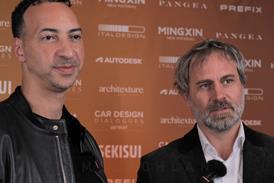
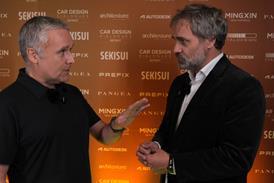

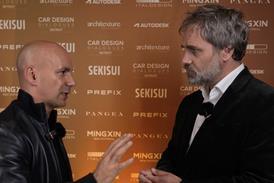
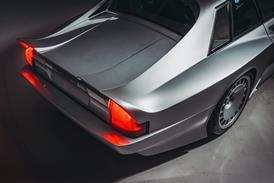

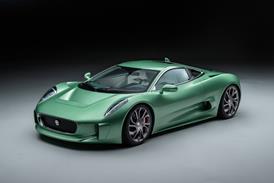
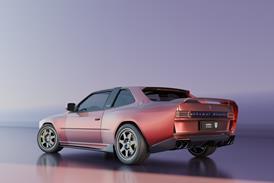

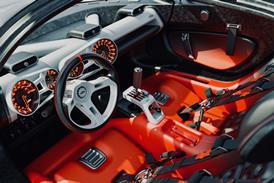


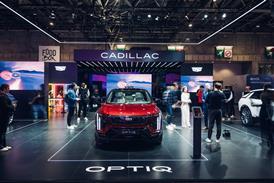
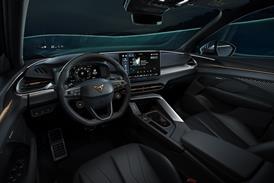
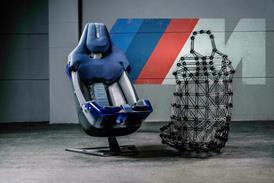
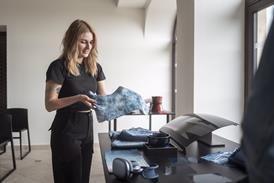
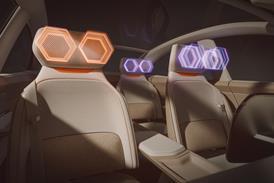
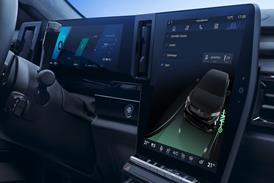


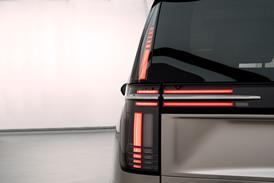
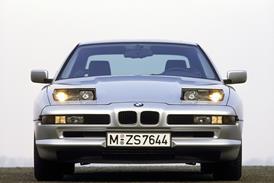
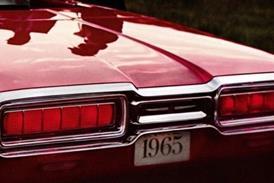
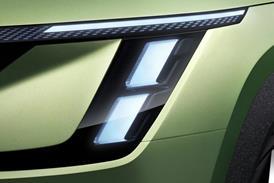




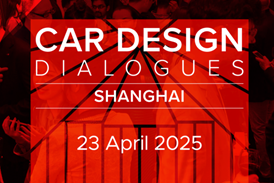
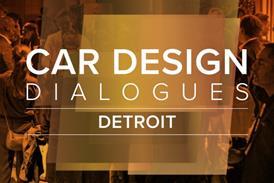

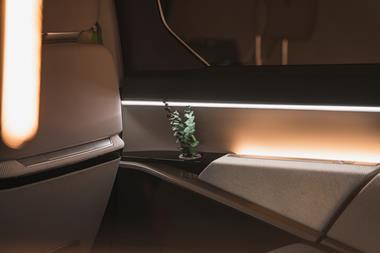
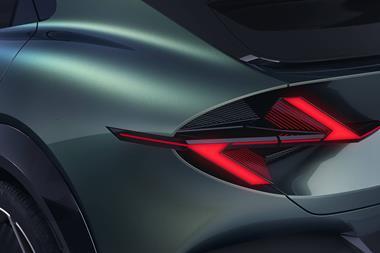
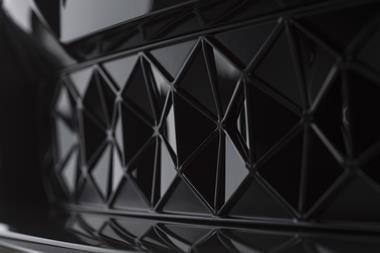
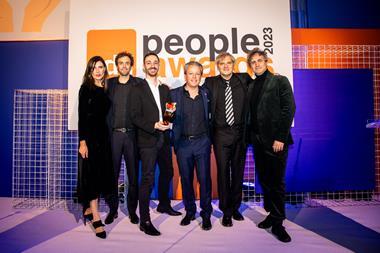
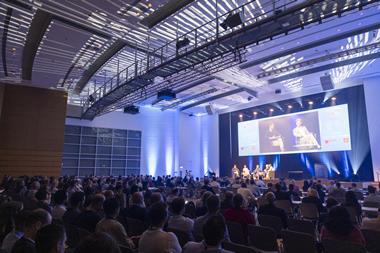



No comments yet